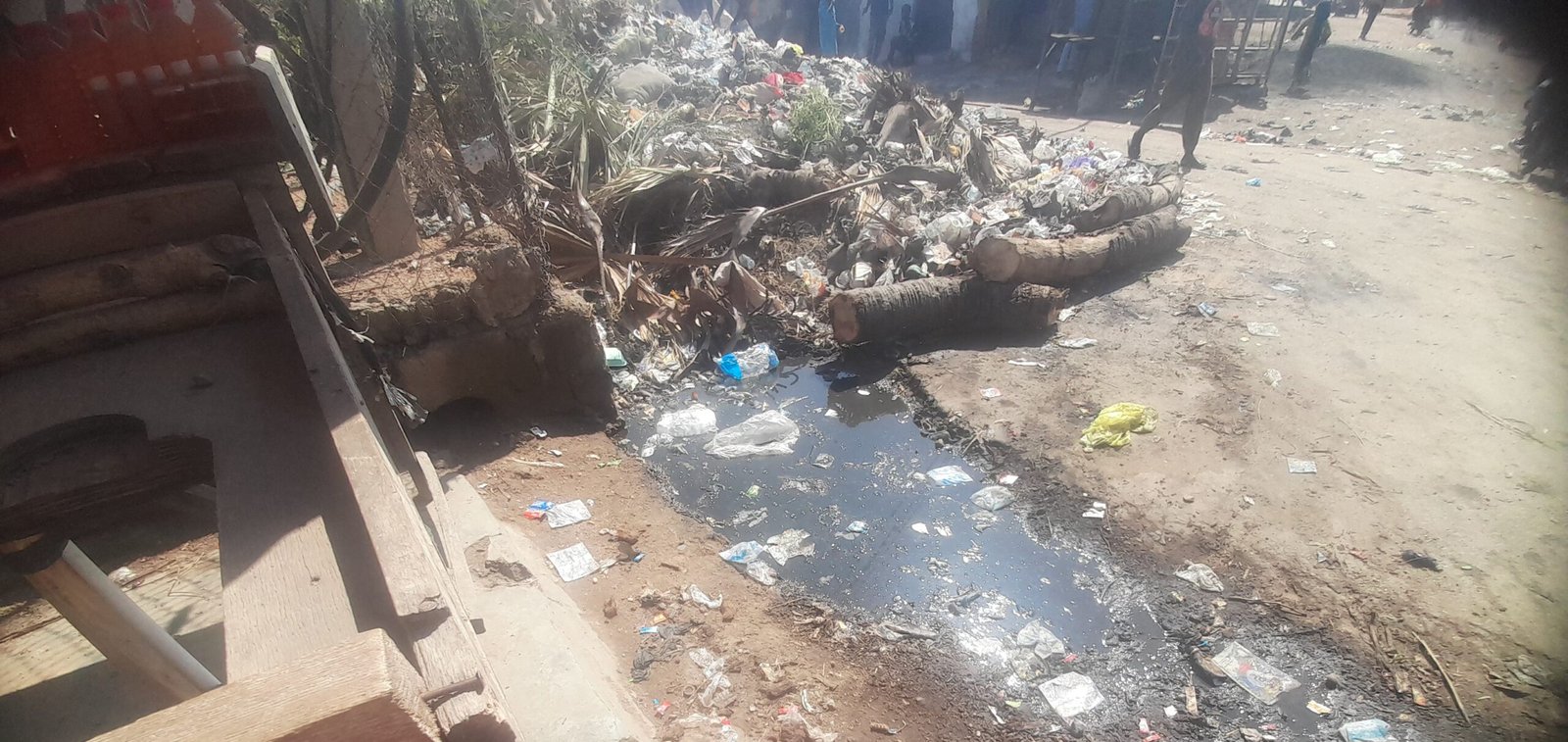Juliet Jacob Ochenje
As the world marks the 2024he World Health Organisation (WHO) has disclosed that it will provide humanitarian aid to 250 million people.
This is just as it added that 28.8 million people are in need of humanitarian assistance around the world.
The United Nations (UN) earmarks 19 August every year to mark the World Humanitarian Day when 22 colleagues were killed at the United Nations Office in Baghdad. It is an opportunity to pay tribute to colleagues who have lost their lives in humanitarian service and to honor the thousands of aid workers who continue to provide much needed support to people suffering from conflicts or disasters across the world.
The WHO and UN, in its official Twitter page on Friday, noted that the August 19 tragedy profoundly changed the way in which humanitarians operate – from being respected, to being targeted – and led to the creation of World Humanitarian Day (WHD).
“Today, 20 years on, our work has grown in scale and complexity. We aim to help almost 250 million people – 10 times more people than in 2003,” it stated.
It added: “As our efforts have grown, so to have the challenges we face. From rising geopolitical tensions and the blatant disregard of international humanitarian law, to deliberate attacks and disinformation campaigns, our work is more difficult and dangerous than ever.
“Amid these trials we have grown stronger, and we are closer to the women, men and children we serve. We venture deep into disaster-stricken regions and closer to the front lines of conflict with no other purpose than saving and protecting lives and delivering the basics of life: food, water, shelter, education, health, nutrition and protection.
“On this WHD, we will reaffirm our commitment to the values and humanitarian principles that guide us and show that we stand shoulder to shoulder with the communities we serve, no matter who, no matter where and #NoMatterWhat.
“The humanitarian principles of humanity, neutrality, impartiality and independence provide the foundation for humanitarian action. They are central to establishing and maintaining access and delivering humanitarian assistance to people who need help, whether in a disaster or a complex emergency, such as armed conflict.
“Promoting and ensuring compliance with the principles are essential for effective humanitarian response. Protection of humanitarian space requires that societies understand and endorse the principles and that public opinion is prepared to defend them.”



